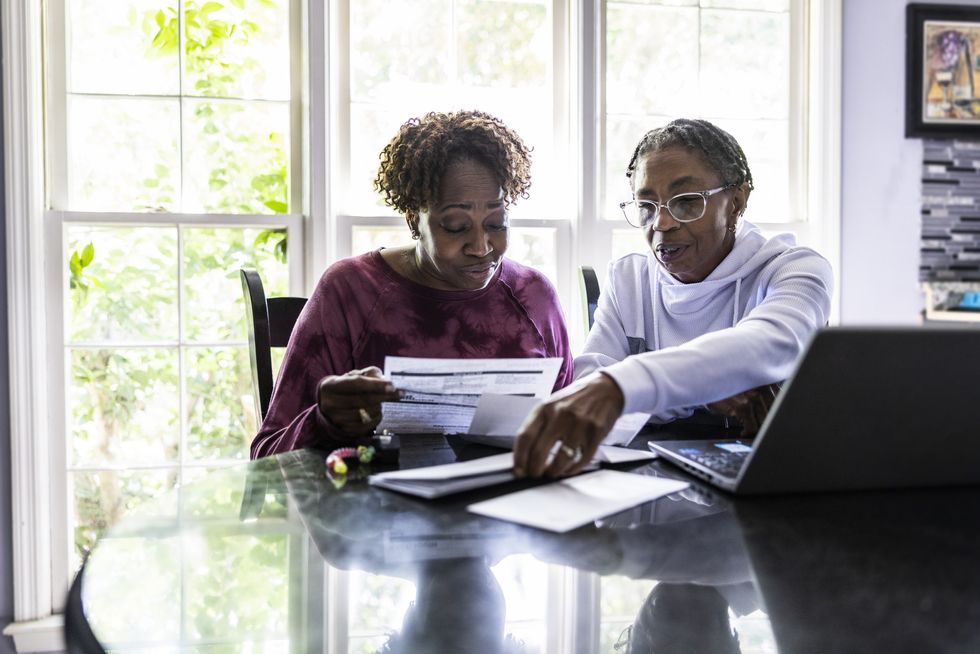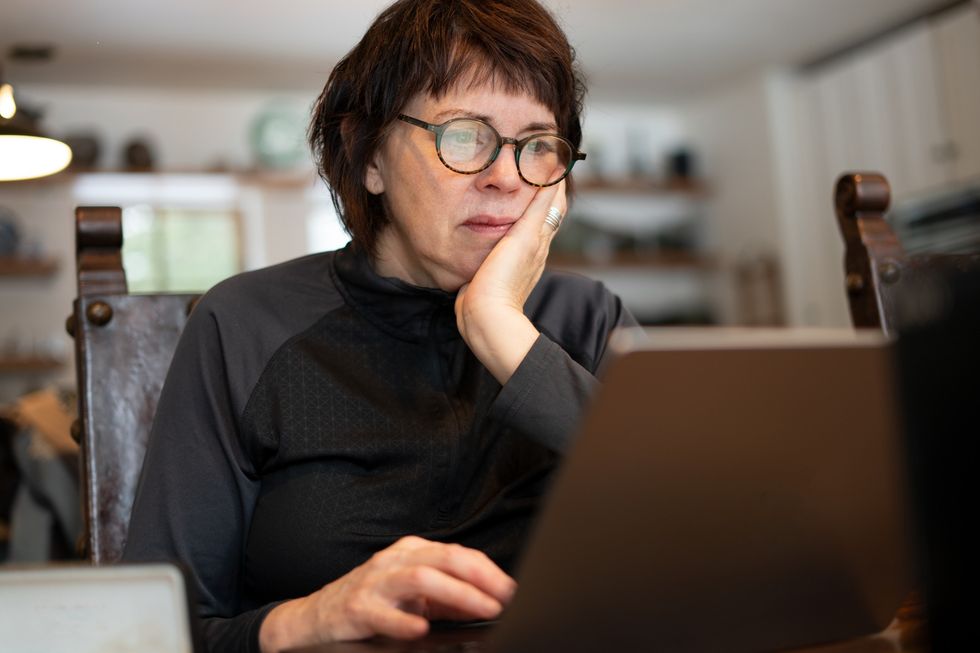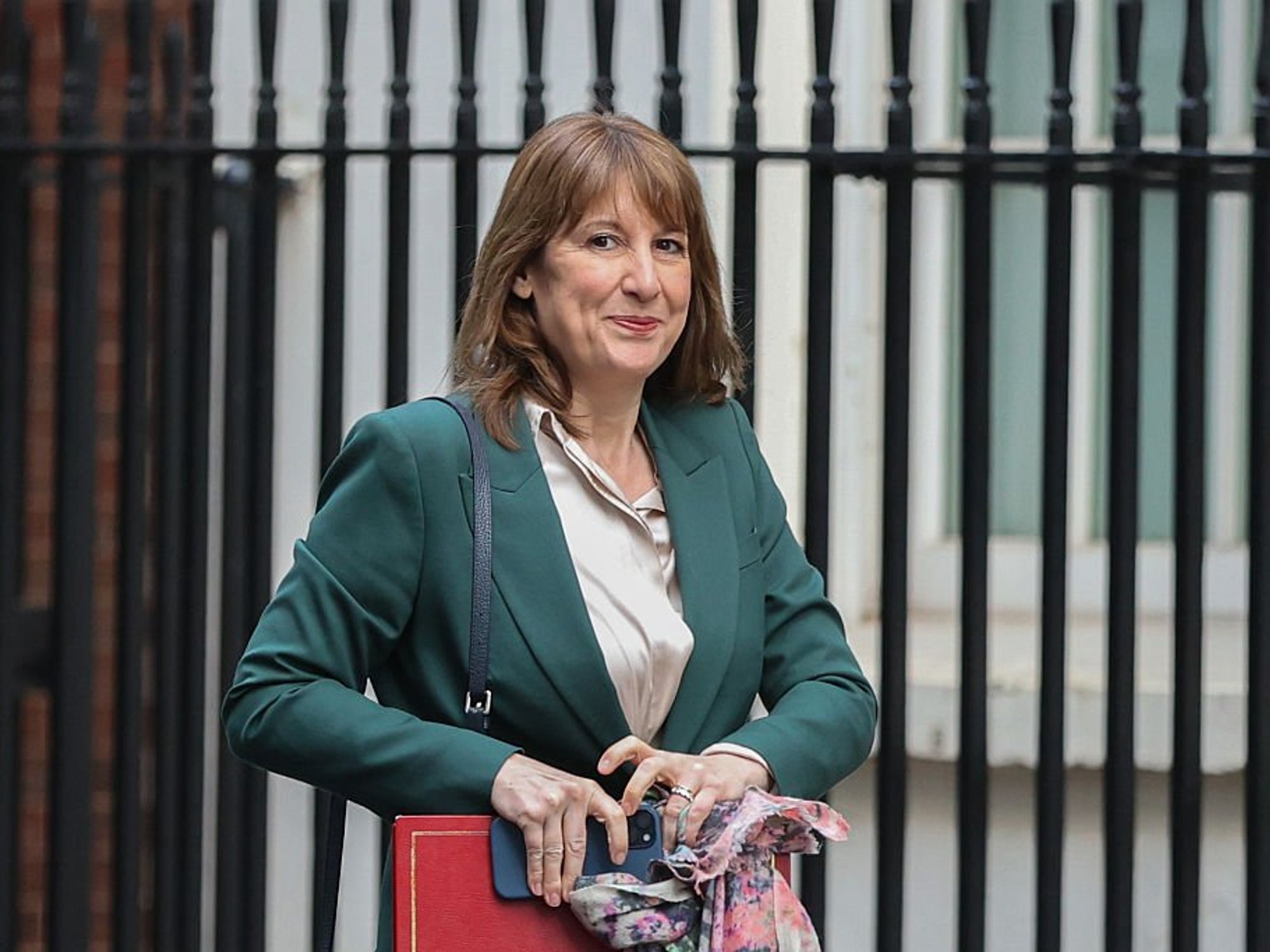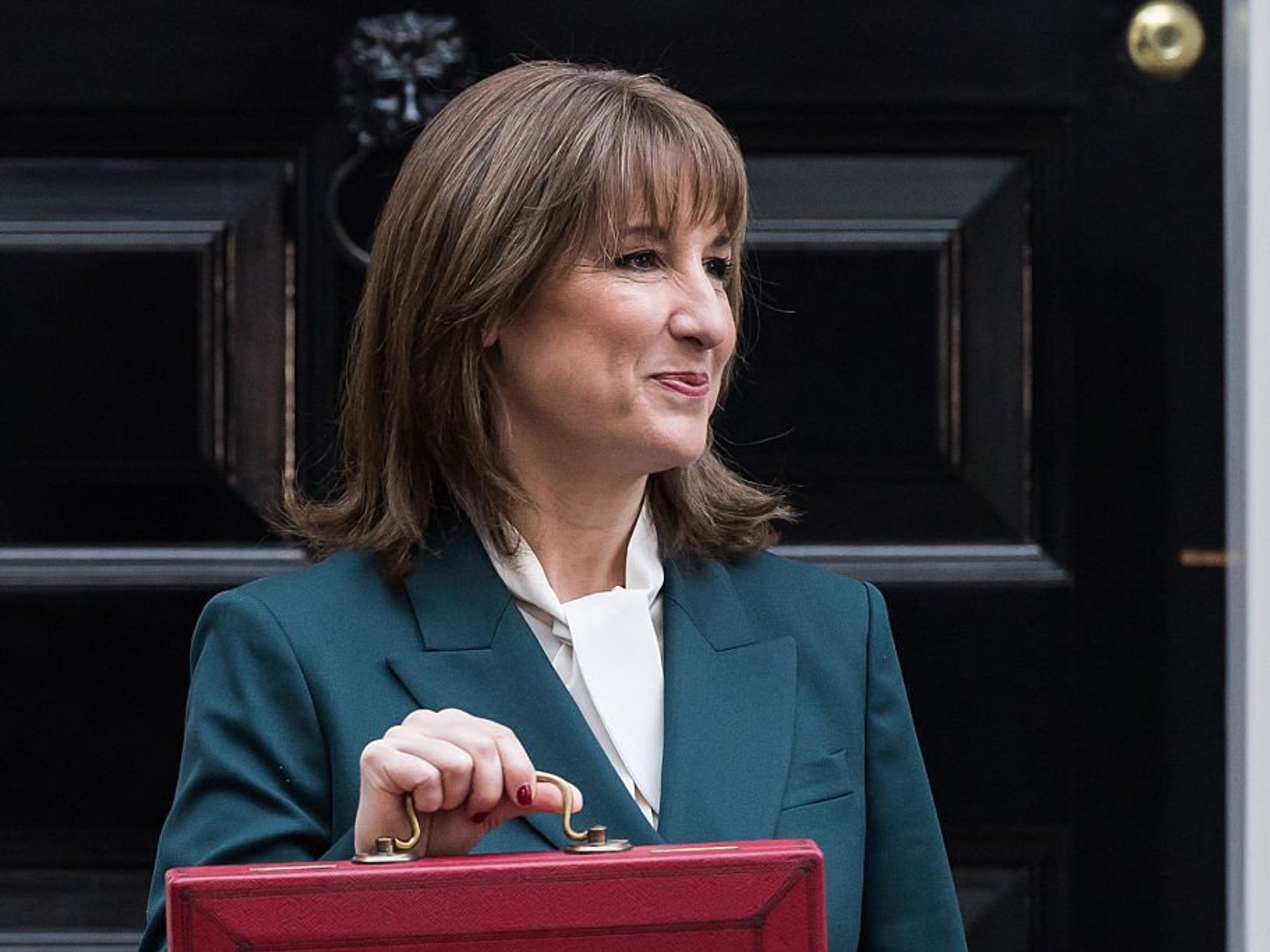State pension warning as millions risk running out of money just 7 years into retirement - how to avoid it

GBNEWS

As women tend to live longer than men, their smaller savings need to last even further
Don't Miss
Most Read
A growing number of women could face financial hardship just seven years into retirement, new analysis shows.
Many may see their pension savings run dry far earlier than expected, revealing the harsh reality of the gender pension gap.
Government data released this week highlights a major divide in retirement savings. According to the Department for Work and Pensions, women aged 55 to 59 have an average of £81,000 saved for retirement, while men of the same age have around £156,000 a gap of 48 per cent.
This difference means women and men can face very different retirement outcomes. Financial firm interactive investor calculated that a woman retiring at 67 with £81,000 in savings and withdrawing £11,000 per year would run out of money by age 74.
In contrast, a man with the average pension pot of £156,000 could continue withdrawing the same amount until around age 84.
The analysis assumes five per cent annual investment growth and two per cent inflation, and is based on retirees needing about £23,000 a year made up of £11,000 from their pension and £11,900 from the full state pension.
Because women tend to live longer than men, their smaller savings need to last even further making them more vulnerable to financial insecurity in old age.
This pension gap is driven by long-standing inequalities in the workplace. Women are more likely to take career breaks for childcare, work part time, or earn less overall, meaning their pension contributions fall behind men’s over time.
Camilla Esmund, Senior Manager at interactive investor said: "Women still face multiple and systemic hurdles when it comes to building pension wealth. The pay gap plays a key role here, as do other barriers."

This pension gap is driven by long-standing inequalities in the workplace
| GETTYCareer breaks for family responsibilities particularly impact pension accumulation. Women frequently reduce working hours or exit employment entirely to care for children or elderly relatives, resulting in years of missed contributions and employer matching.
"They are more likely to work part-time or take time out of the workplace to care for loved ones, leading to a lifetime of lower contributions and the potential for a smaller pension pot in retirement," Esmund explains.
The consequences extend beyond individual finances. Women's greater longevity means they're more likely to spend their final years alone, relying heavily on diminished savings or solely on state support.
"Despite having lower pension values, women live for longer on average in retirement, and are often left struggling financially in old age once their pension wealth has dwindled," notes Esmund.

Milions could run out of money after just 7 years in retirement
| GETTYDespite these challenges, financial experts identify several strategies that could help women strengthen their retirement security. Beginning pension contributions early proves crucial, as compound growth over decades can substantially increase final pot values.
Scottish Widows calculations demonstrate that a 25-year-old earning £30,000 who increases their pension contribution by just 2% annually could accumulate nearly £40,000 extra by age 60.
The firm suggests total contributions between 12 per cent and 15 per cent of salary provide better retirement prospects.
Workplace pension schemes offer particular advantages through employer matching programmes. Some companies will match additional voluntary contributions up to specified limits, effectively doubling the impact of increased savings.

Financial advisers recommend women maintain pre-leave contribution levels where possible
| GETTYDuring maternity leave, employers typically maintain pension contributions based on pre-leave salaries for up to 39 weeks. However, personal contributions drop as they're calculated from statutory maternity pay.
Financial advisers recommend women maintain pre-leave contribution levels where possible.
Partners can play a vital role in addressing pension gaps during caregiving periods. Research from Moneyfarm reveals concerning attitudes, with 42 per cent of men unwilling to contribute to their partner's pension during maternity leave.
"Encouraging open conversations about financial planning and the importance of supporting each other's long-term financial goals is a step towards achieving true gender equality," states Carina Chambers, pensions technical expert at Moneyfarm.










